Navigating Mortgage Matters Following a Homeowner's Death

For many, the dream of retirement is synonymous with owning their home outright and enjoying the fruits of their labor. However, life can take unexpected turns, and the unfortunate reality is that not everyone lives to see their mortgage paid off. In the event of a homeowner's passing, the mortgage and its associated obligations can present challenges for the estate and the deceased's heirs. While confronting this topic may seem daunting, openly discussing the future and preparing for potential scenarios can make the transition smoother for family members.
Who Is Responsible for Mortgage Payments After the Borrower’s Death?
In the event of a homeowner's passing, the mortgage debt remains intact and continues to require repayment. While heirs who were not involved in the original mortgage agreement are not legally obligated to make payments, the mortgage balance must still be addressed to prevent foreclosure and potential loss of the property.
When a homeowner passes away and their mortgage remains unpaid, the responsibility for making payments falls upon the surviving spouse who co-signed the mortgage. In the absence of a surviving spouse, any co-signers on the mortgage are held liable for continuing payments, irrespective of their ownership status in the property.
In the absence of a co-signer, family members can opt to assume the mortgage and refinance the loan to secure more favorable terms. If assuming the mortgage is not feasible or desirable, the executor of the estate can utilize funds from the deceased's assets to settle the outstanding balance. Alternatively, the property can be sold to clear the mortgage debt.
If the sale of the property yields a surplus after covering the mortgage balance, the remaining funds can be used to settle other debts or distributed among heirs. Conversely, if the property's value falls short of the mortgage debt, the executor may pursue a short sale, an agreement to sell the property for less than the outstanding loan amount, or allow the property to undergo foreclosure. In the case of a reverse mortgage, the loan must be repaid in full once all borrowers have passed away or vacated the property. Family members have the option of keeping the house by assuming responsibility for repaying the reverse mortgage loan.
Estate Planning Options
If possible, homeowners can set aside funds in a savings account or another financial instrument that family members can access after their passing. This will provide a financial buffer for family members to maintain mortgage and tax payments until they make a decision regarding whether to retain or sell the property. By establishing a contingency plan, homeowners can ensure that their loved ones are not burdened with unexpected financial obligations upon their demise.
Life insurance can offer a financial safety net by providing funds to pay off a mortgage in the event of the homeowner's passing. This can empower heirs to remain in the house, free from mortgage debt, or to relocate and pursue new beginnings. By securing life insurance coverage, homeowners can safeguard their family's financial stability and provide them with options for their future.
In certain instances, it may be beneficial to transfer ownership of the house into a trust or an LLC, or to add the names of family members to the title, as a means of bypassing the probate process and its associated time and expenses. However, it is crucial to consult with both an attorney and an accountant to thoroughly understand the legal and tax implications of such strategies. By seeking professional guidance, homeowners can make informed decisions that align with their specific circumstances and protect their family's financial interests.
Talk to Your Family
The inevitability of death underscores the importance of proactive planning by family members, ensuring a smoother transition for surviving relatives. Whether you are a homeowner or have a loved one who is, engaging in open discussions and seeking guidance from professionals enables families to collectively make well-informed decisions.
Categories
Recent Posts
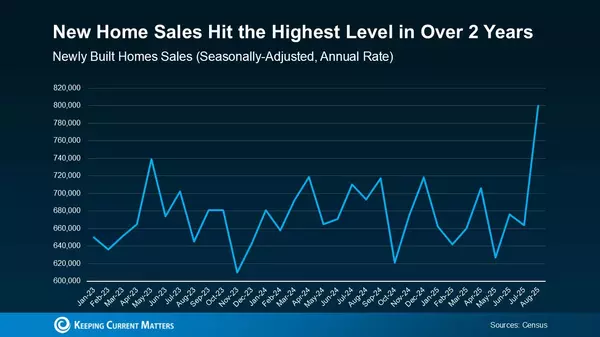
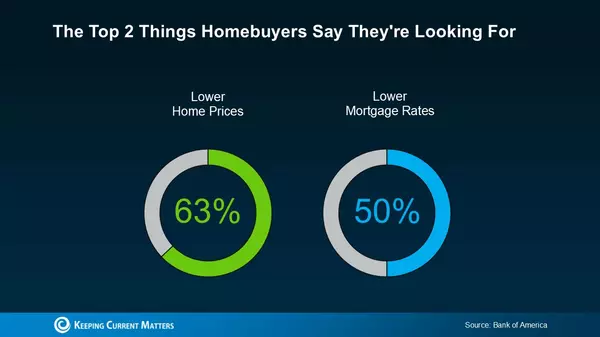
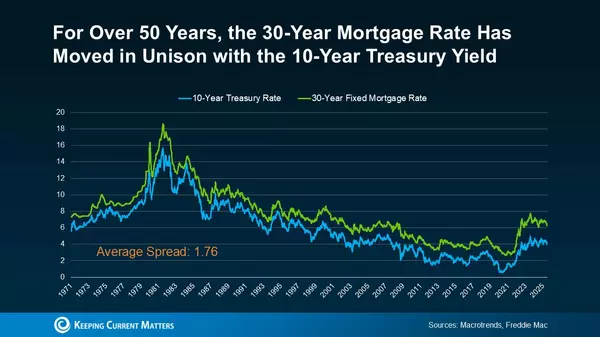
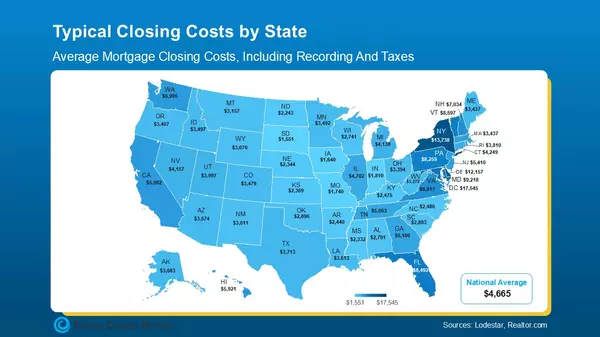
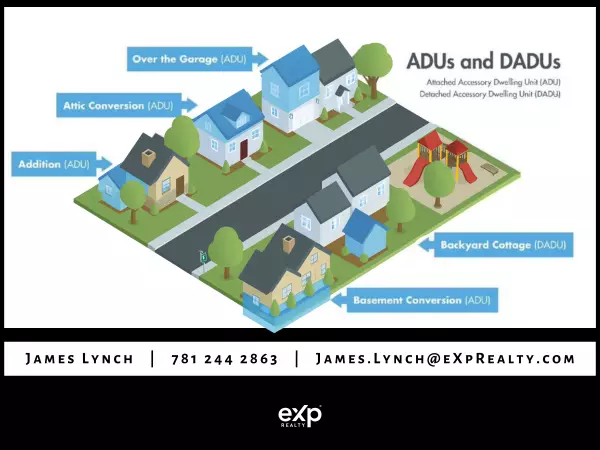

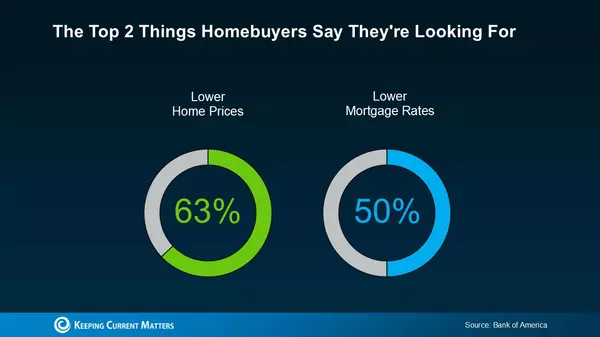
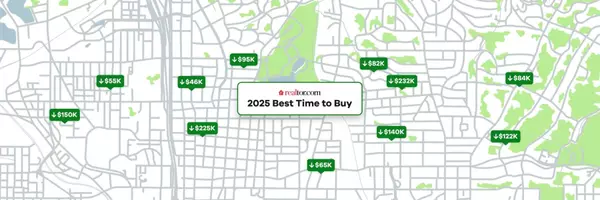
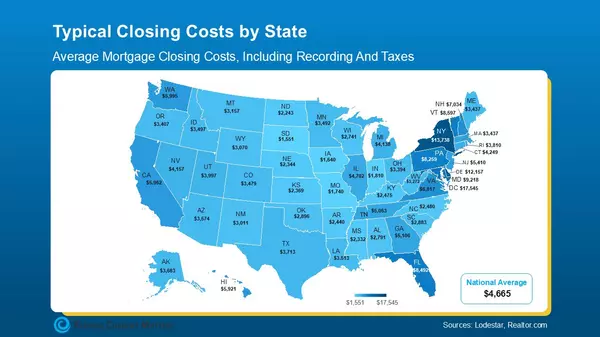
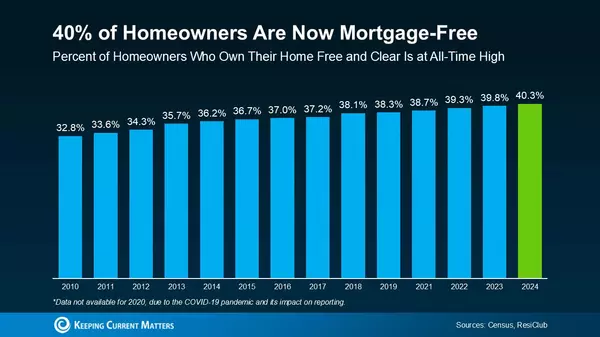
GET MORE INFORMATION


